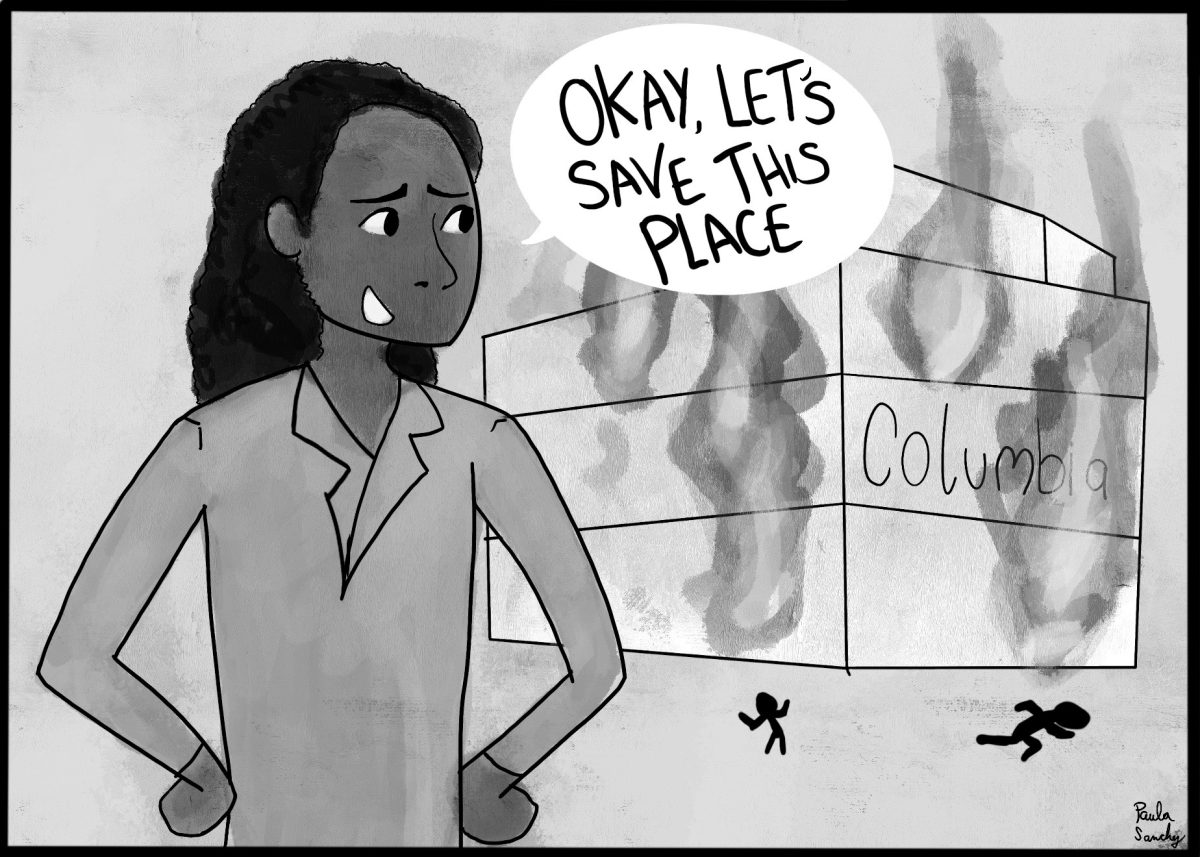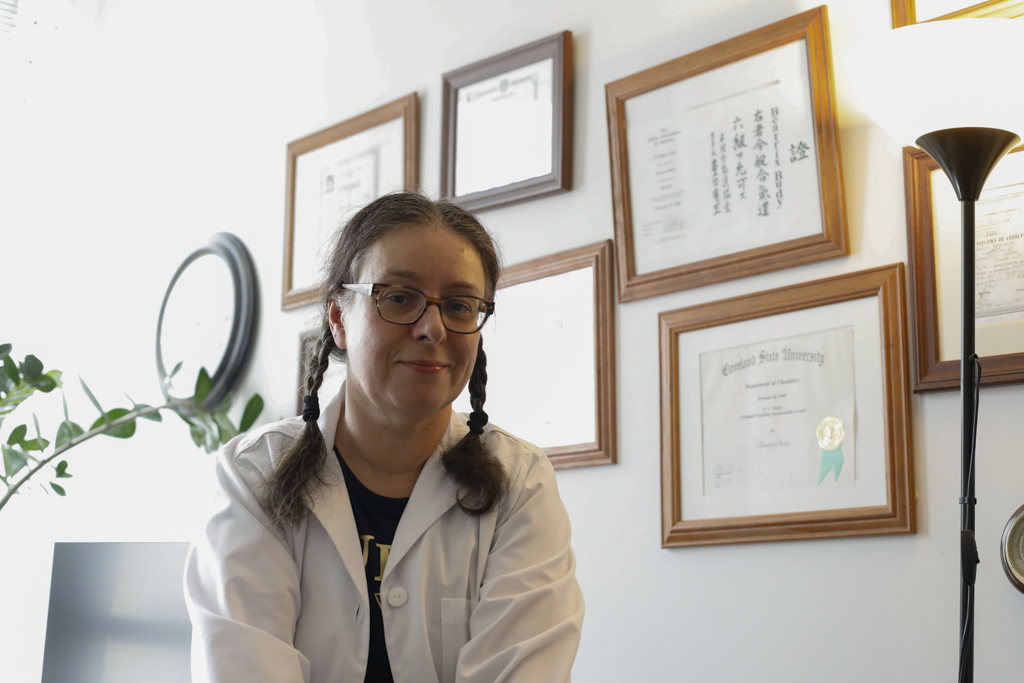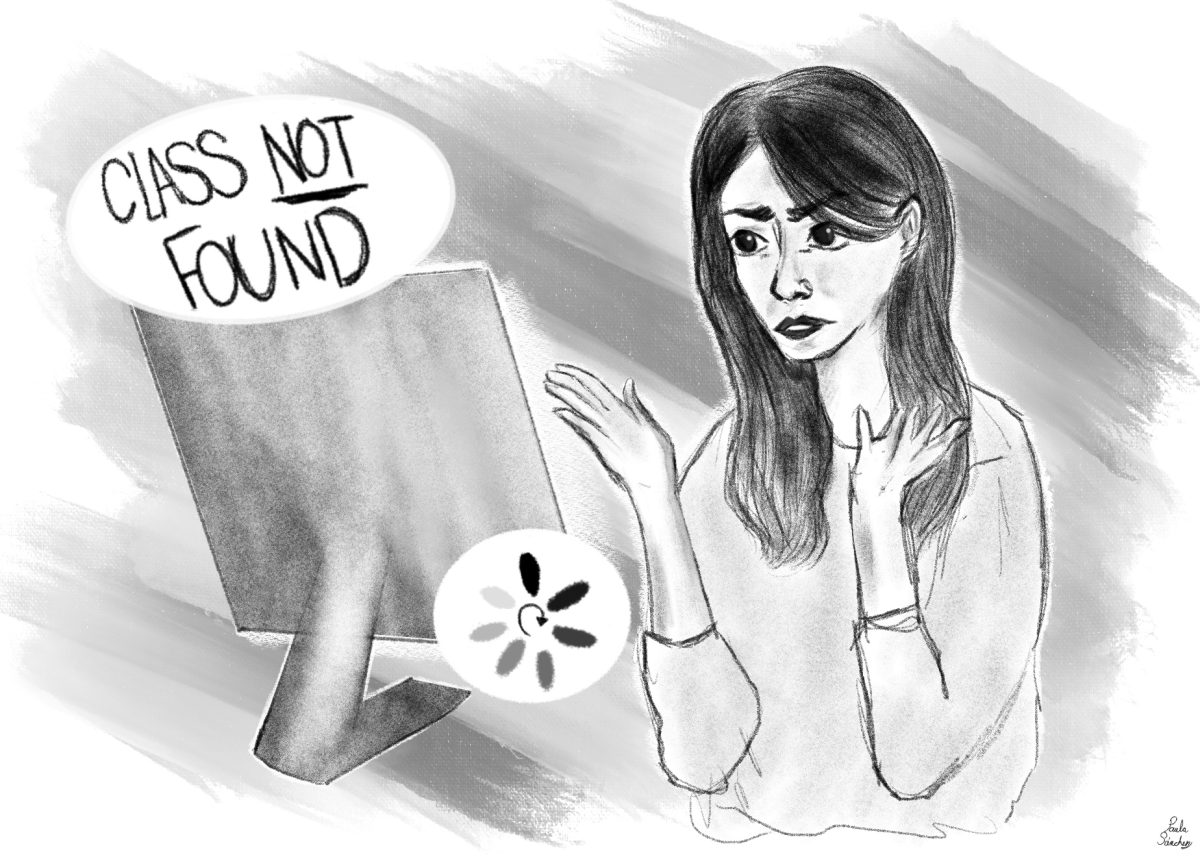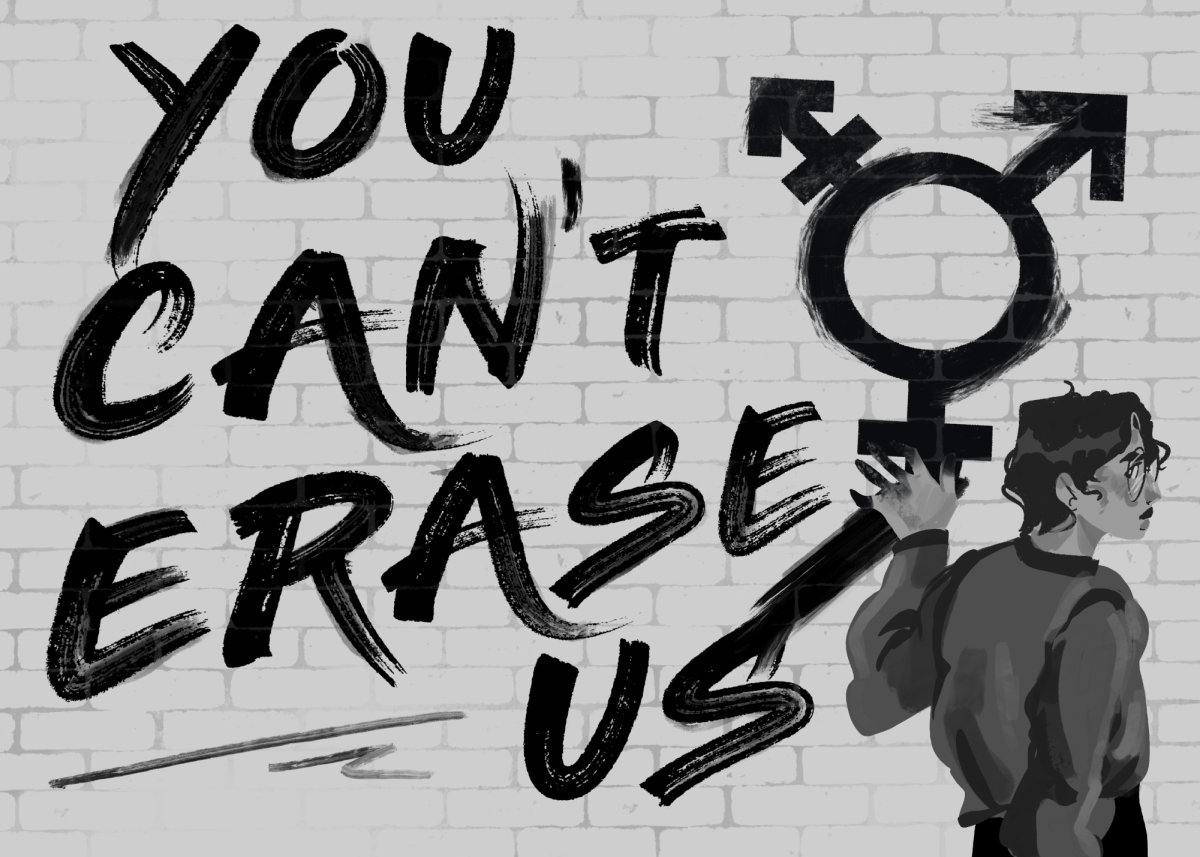Shantay Bolton, an experienced college administrator who most recently was executive vice president and chief business officer of Georgia Institute of Technology, will be Columbia’s new president and CEO.
She starts the position on July 1.
This is a monumental moment for the college. Bolton is the first woman president in nearly 90 years and the first ever woman of color to lead the college.
If Bolton keeps Senior Vice President and Provost Marcella David in her position, it means the college will be led by two Black women.
Because the college’s student population is over half BIPOC and a Hispanic-Serving Institution, the college’s leadership should reflect the make-up of the students it serves. The college’s faculty is majority white, and while it may not be an easy problem to solve, Columbia needs to do more to ensure that the teachers in the classrooms represent that same diversity.
This is especially important as the Trump administration tries to erase what progress America has made to further diversity, equity and inclusion.
Georgia Tech, Bolton’s former institution, stopped its DEI initiatives because of the administration’s threats to end federal funding for schools that offer race-conscious student programming. Georgia Tech is very different from Columbia as a public institution with a much larger student population and bigger reliance on federal funding for its STEM programs.
David has said that the college believes it is in compliance with federal regulations, and she and others have pledged to continue Columbia’s commitment to DEI.
That is reassuring, but Bolton still has a lot to navigate, including the lingering fallout from the historic part-time faculty strike in Fall 2023 and a $17 million financial deficit.
She also will need to address enrollment, which continues to decline, with an 11% decrease this spring.
Bolton will need to help the college balance attention to attracting new students while trying to keep current students. It is a big task, and we are eager to see what ideas and plans she could propose to approach these issues.
We know she wants to be here. In an interview with the Chronicle, Bolton said, “To me, Columbia isn’t just a college, but it’s a place where students from all walks of life can find their voice, can hone in on their craft and really have an opportunity to turn their passions into careers.”
She has a tough journey ahead of her, and Columbia needs her to step up to the challenge and help us fight for our creative community.
Copy edited by Patience Hurston














